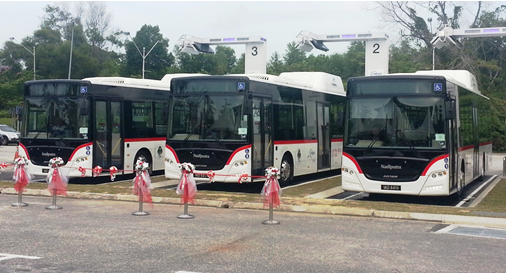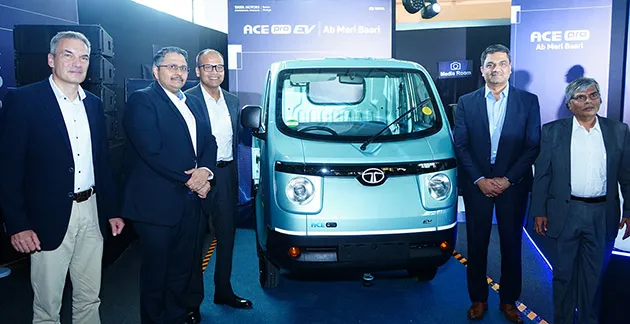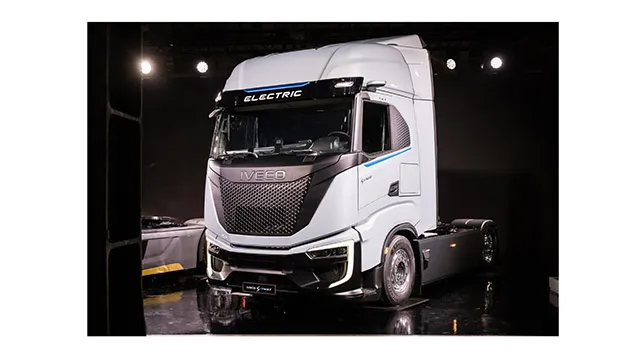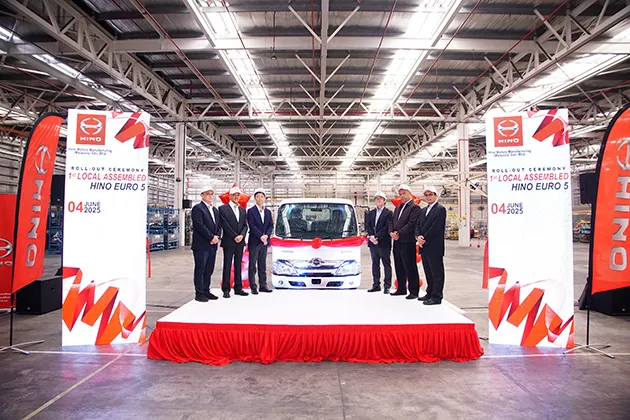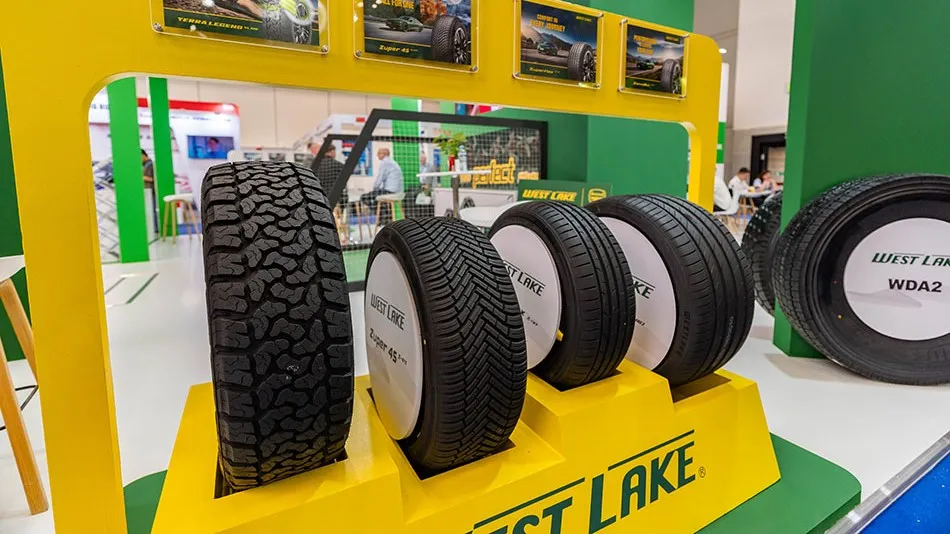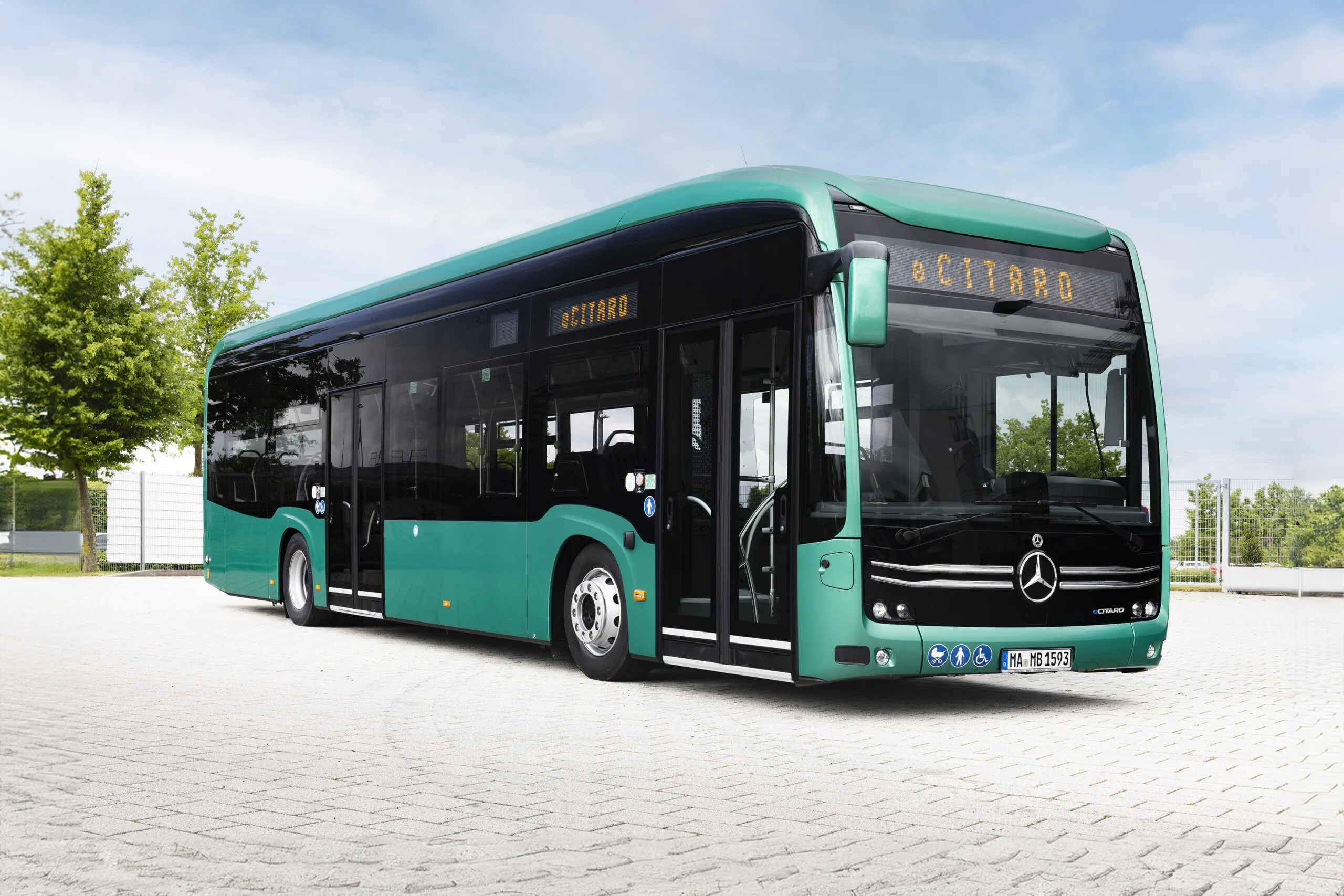DRB-HICOM Defence Technologies Sdn Bhd (DEFTECH), a wholly-owned subsidiary of DRB-HICOM Berhad, was entrusted with the manufacturing and maintaining of Malaysia’s first Super Quick Charge (SQC) Electric Vehicle (EV) – the Putra NEDO EV bus.
DEFTECH Produces Malaysia’s Pioneering Super Quick Charge Electric Bus
The SQC project is part of a technology transfer arrangement via a government-to-government agreement between Malaysia and Japan. A Memorandum of Understanding was signed between Perbadanan Putrajaya (PPj) and New Energy and Industrial Technology Development Organisation (NEDO) of Japan for this project.
NEDO is undertaken by a Japanese consortium that consists of Toshiba Infrastructure Systems & Solutions Corporation, PUES Corporation, Hasetec Corporation and Oriental Consultants Global Company Limited.
DEFTECH is expected to become the regional hub producer of the SQC EV buses in all future expansions. The SQC EV bus applies a different technology compared to other EV buses in Malaysia, and possibly the Asean region. The Super Quick Charging (SQC) System only requires a single 10-minute charge between each run (average of 30km) via an overhead pantograph. Other commercial EV buses generally require an overnight charge (estimated 6-8 hours) to operate optimally.
Backed by the full support of the various ministries and its agencies, especially that of the Ministry of Energy, Green Technology and Water, and the Road Transport Department, the SQC EV bus project is the first step in making the Federal Government Administrative Centre a greener city.
To-date, DEFTECH is entrusted to manufacture 11 single decker EV buses. A total of 8 buses were supplied to PPj, which are already in operation, with the balance of 3 units to be delivered in 2018.
The Putra NEDO EV bus is operated by Pengangkutan Awam Putrajaya Travel & Tours Sdn Bhd (Nadiputra), a wholly owned subsidiary of PPj, as part of its fleet that services the Putrajaya area.

